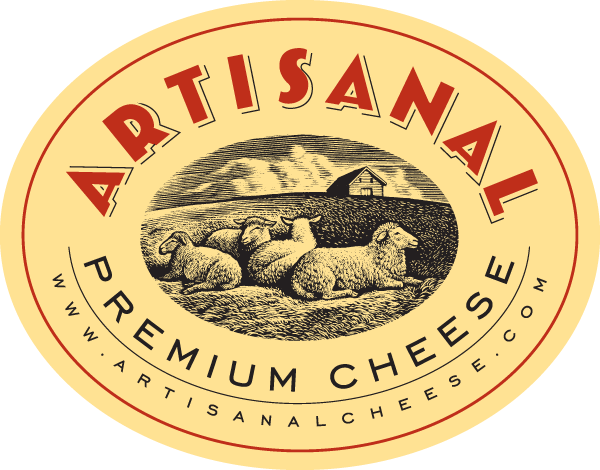What is Artisanal Cheese?
Artisan cheeses are hand-crafted using traditional cheese making techniques that have been in existence for centuries. There is reliance on natural ingredients like milk, salt and rennet and no additives. The difference between artisan and farmstead cheeses is that the later involves making cheese solely from the milk derived from animals on the cheesemaker’s farm. Artisan cheesemakers source milk from local farms.
What is the difference between artisanal and processed cheese?
Processed cheeses are 100% machine made using artificial ingredients and flavors, whereas artisanal cheeses are made mostly by hand and are all natural products.
What are artisanal cheese examples?
The range of artisanal cheeses is enormous and includes large wheel formats like 80lb wheels of Parmigiano Reggiano that are made following strict local requirements to small hand-ladled cow and goat milk cheeses like camembert and brie. However, all these same cheeses can be made in large scale by machines with additives and artificial ingredients so an artisan camembert, for instance, is made from a delicate hand-ladled process using only fresh milk whereas as industrial counterpart is made using machines and can contain additives and even powdered milk. So, a camembert is not a camembert, in terms of production and quality and you need to know your source. The Artisanal Premium Cheese company only offers pure artisan, hand-crafted cheeses matured to peak ripeness.
Why is artisan cheese better?
Natural ingredients and hand-crafted care always results in a superior product. Think of it in basic terms like a wonderful pie made by a local baker or one made at home with someone having the skills and passion for making a great product with pride, versus a pie produced in mass quantities in an industrial facility with machines doing all the work with artificial ingredients and assemble line packaging to make each pie identical.
Why is artisanal cheese expensive?
Artisan cheeses do not rely on industrial manufacturing practices involving machinery to produce large volumes of product for efficiency purposes and in place of this is human labor that produces less output per batch that results in higher costs per unit.

